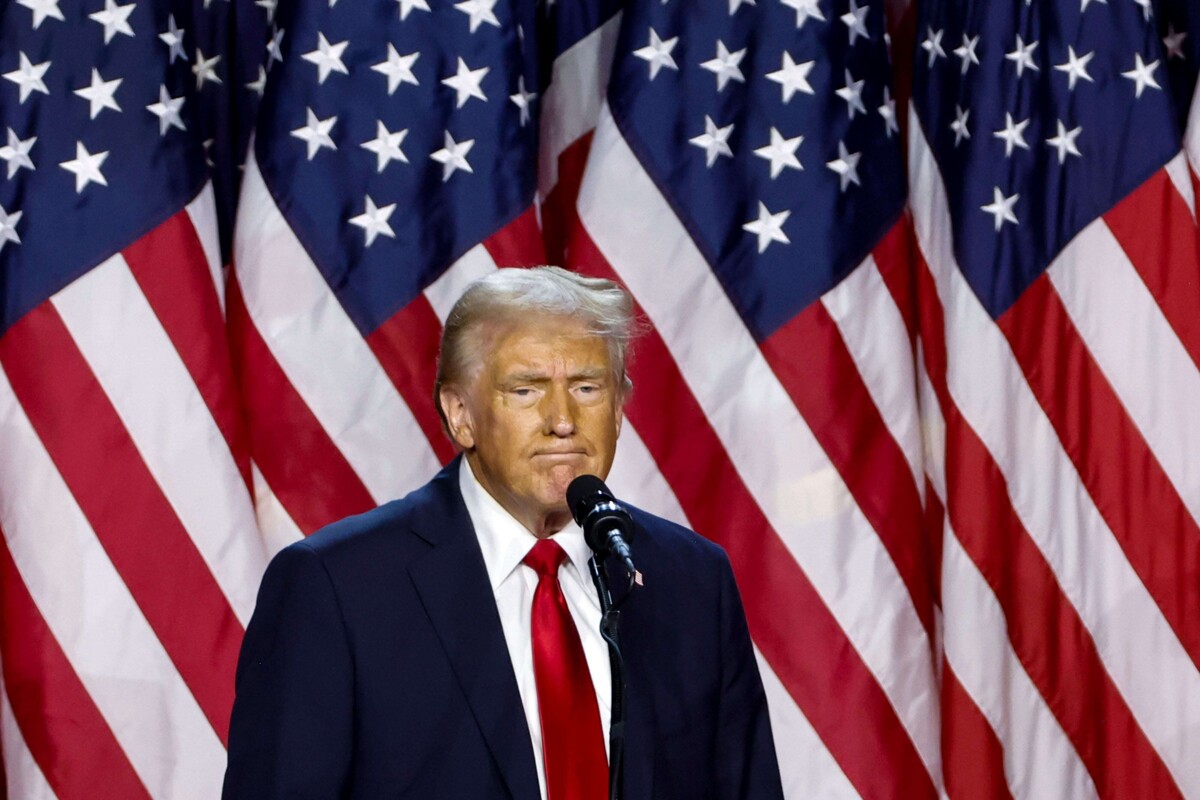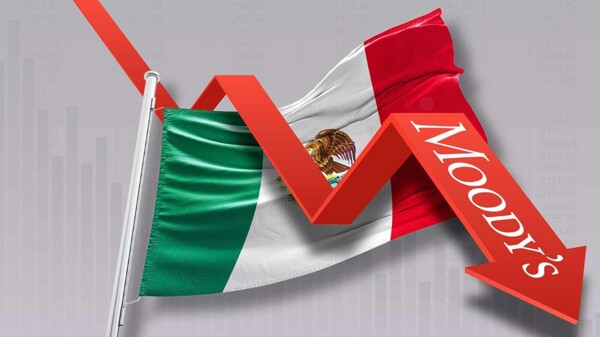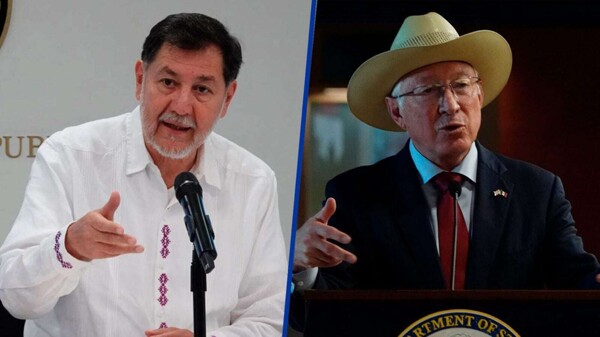
The outcome of the elections in the United States will have a negative impact on Mexico, so it is necessary to start devising strategies to overcome the upcoming challenges. Meanwhile, Texas has launched a campaign to attract companies that were considering setting up in Mexico and benefiting from nearshoring.
Despite the positive reaction of financial and stock markets to the election results, long-term interest rates may remain high due to the risk of increased inflation. Mexico finds itself in a vulnerable situation facing future challenges, especially with the current economic slowdown.
Mexican companies face a high tax burden, elevated interest rates, and labor cost pressures, which puts them in a disadvantaged position compared to their foreign competitors. Presidential announcements of cabinet appointments, economic policy measures, and discussions with foreign leaders are underway following the elections.
The Republican Party achieved a victory in Congress, granting it strong power to implement significant changes. The elected president of the United States intends to fulfill campaign promises, which include supporting local businesses, modifying tax laws, imposing tariffs, and strengthening border security, among other measures.
In Europe, concerns are centered on the possible suspension of support for Ukraine, which could favor the Russian invasion in the country. This has led to the search for new markets to compensate for potential losses. American companies are also evaluating how to benefit from measures that will be announced to strengthen the economy in the United States.
The Mexican government faces a significant fiscal deficit, low revenue, and social programs that cannot be eliminated. On the other hand, the suspension of financial support to NATO has been announced, raising concerns among European allies about Russia's expansionist trend.
Donald Trump's victory as president of the United States has initiated a series of changes in governance and in the global economic balance. This is reflected in adjustments in the automotive market, in military operations, and in China's preparation to face higher tariffs imposed by the United States.














